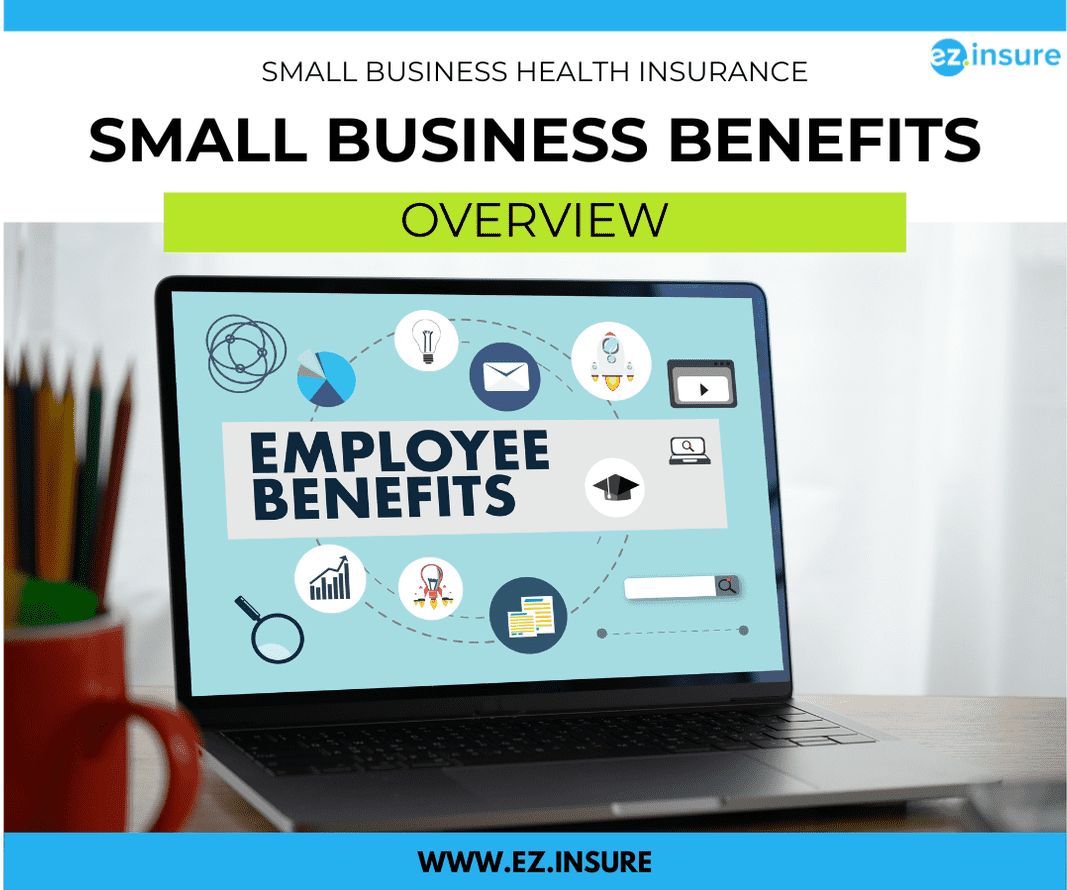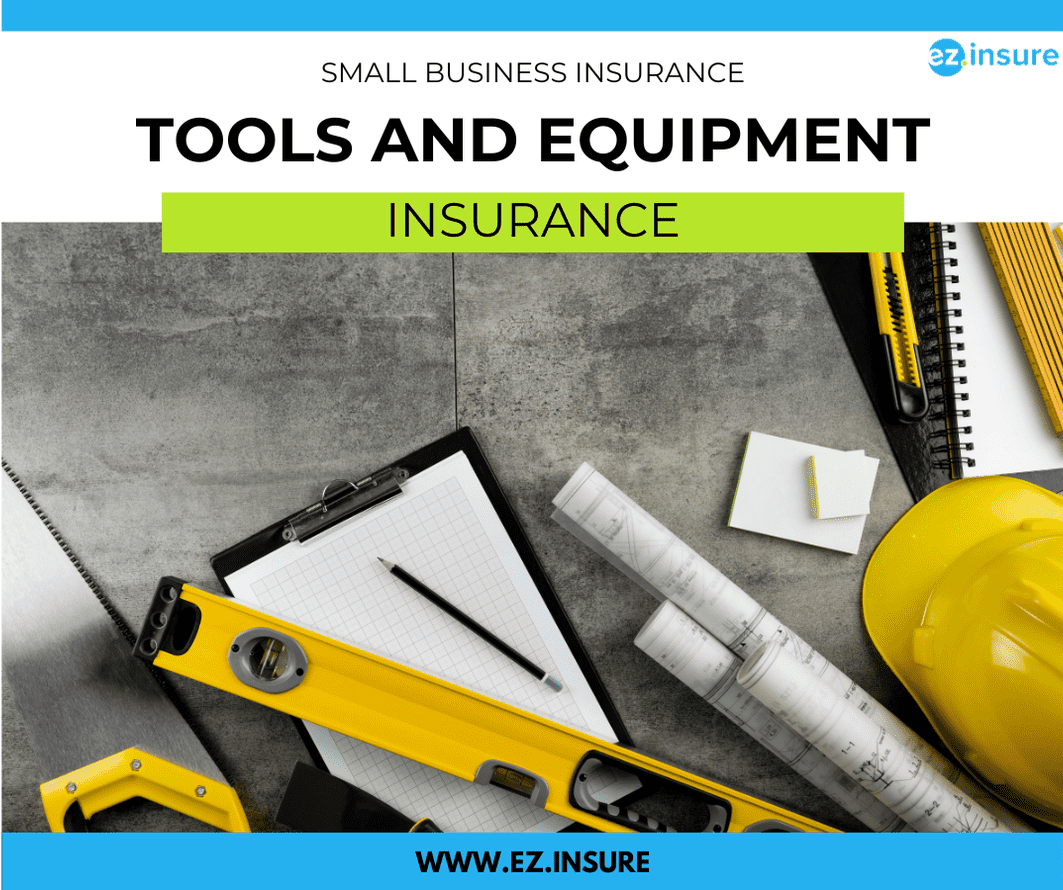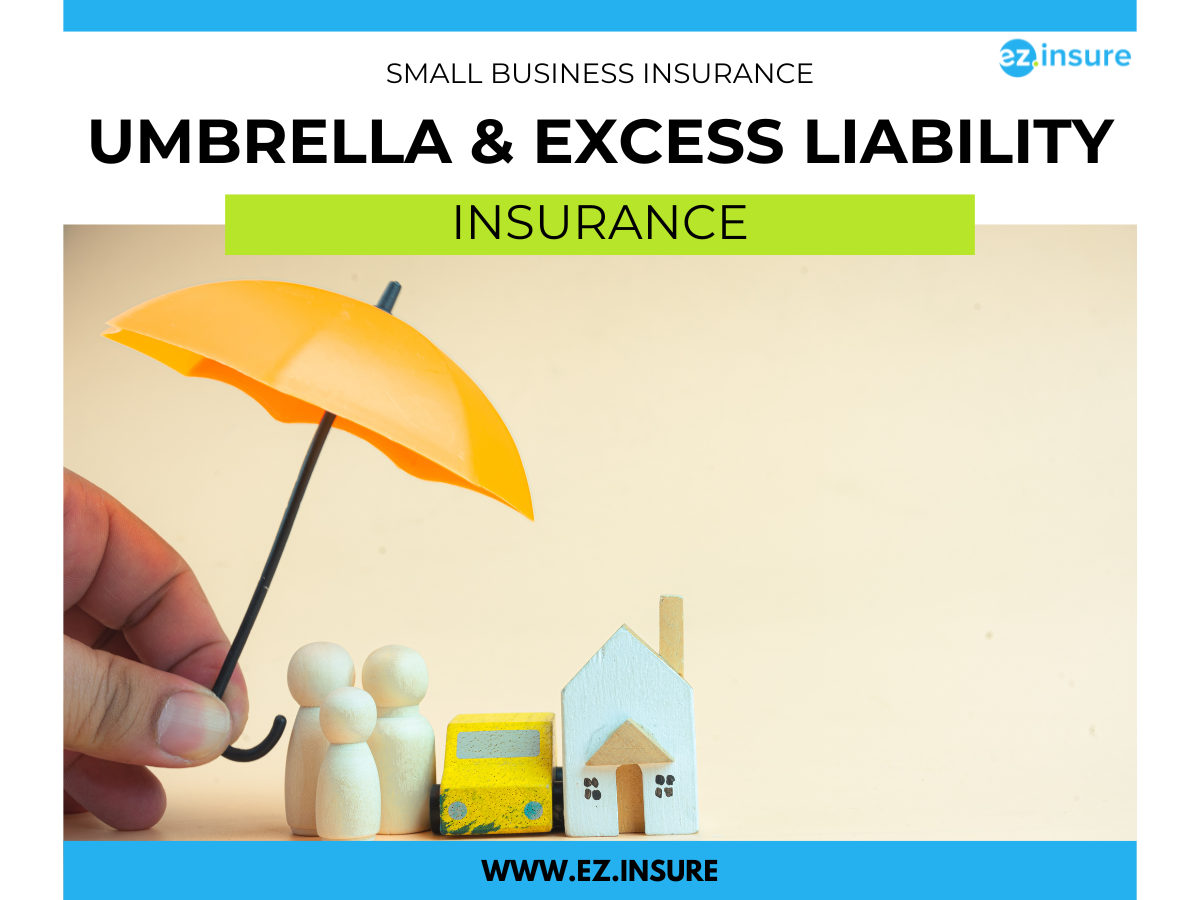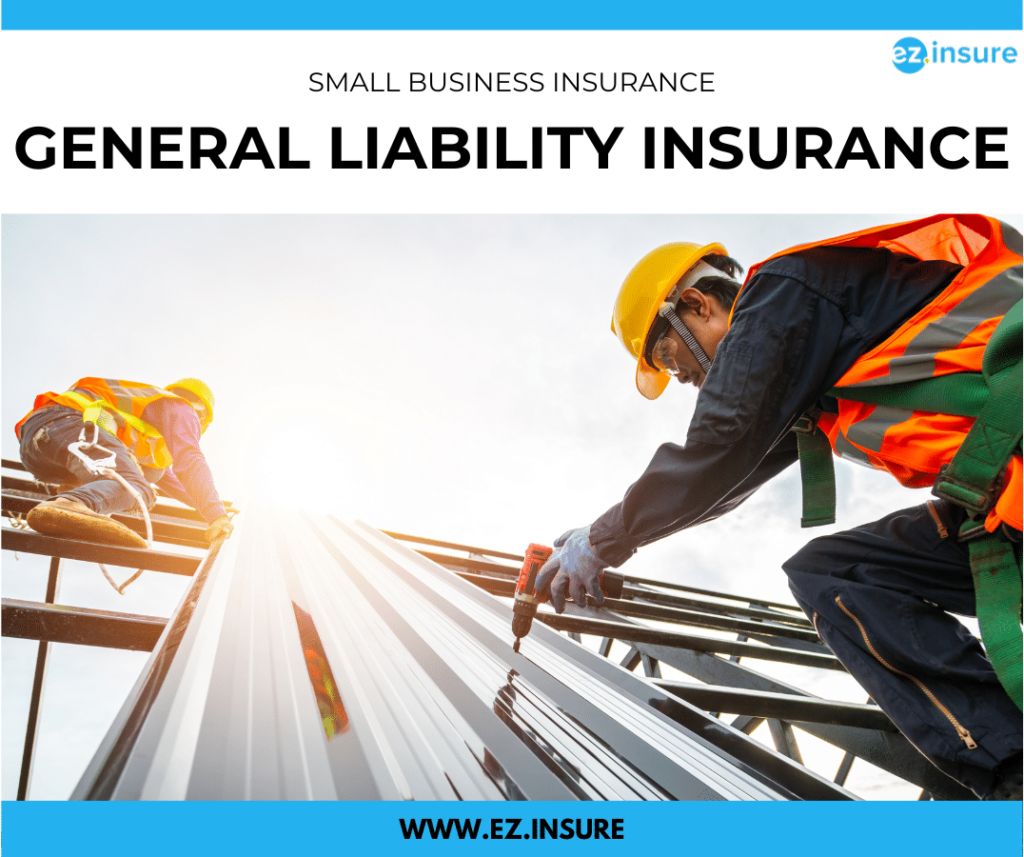Small business benefits, also commonly referred to as group benefits, give businesses a way to offer employees quality healthcare and long-term planning perks at an affordable cost. The term “small business” simply refers to EZ.Insure’s specialization in businesses with fewer than 50 employees, but don’t worry— even if your company has 50+ employees, we have access to insurance plans that meet the needs of any business size.
Whether you’re a new company looking to establish your first employer-sponsored health plan, or are simply aiming to enhance your team’s current benefits package, EZ.Insure makes the process quick, easy, and affordable.

Jump to:
-
Small Business Health Insurance
-
Small Business Dental Insurance
-
Small Business Vision Insurance
-
Small Business Life Insurance
-
QSHERA
-
ICHRA
-
Level-Funded Plans
-
Self-Funded Plans
-
Fully-Insured Plans
-
Get Small Business Benefits Today!
Small Business Health Insurance
Small business health insurance provides essential health coverage to employees of a company. This type of insurance generally costs much less for employees as opposed to an individual plan, as insurance rates tend to go down when larger groups are insured together. These plans are highly customizable for small businesses as they can be tailored to meet a variety of specific needs and budgets. In addition to providing key health benefits to employees, studies show that employers who offer health insurance have an easier time attracting and retaining top industry talent.
Want to learn more? Check out our full, in-depth Small Business Health Insurance Guide.
Small Business Dental Insurance
Dental insurance is an insurance add on that covers all of your routine dental care such as cleanings, X-rays, fillings, and major procedures like crowns or root canals. The great thing about dental insurance is that many plans cover preventive dental care services at 100%, making it easy and affordable to keep your oral hygiene in tip-top shape. Dental insurance is typically purchased as an add-on to health insurance since the Affordable Care Act does not require healthcare plans to cover it. Even so, employers frequently offer both perks in aims to provide a more well-rounded benefits package that covers all of the bases.
Want to learn more? Check out our full, in-depth Small Business Dental Insurance Guide.
Small Business Vision Insurance
Small business vision insurance, is an employee benefit that’s generally added-on to employer-sponsored health insurance and covers a variety of routine eye care services. These services include annual eye exams, prescription lenses, eye contacts, and sometimes even corrective eye procedures like LASIK surgery. Since poor vision is something that can significantly impact job performance and overall well-being, offering it to employees tends to increase overall job satisfaction and employee productivity. Additionally, it generally costs $15 or less per month per employee to offer vision insurance, making it an affordable and appealing complement to a typical health benefits package.
Want to learn more? Check out our full, in-depth Small Business Vision Insurance Guide.
Small Business Life Insurance
A small business life insurance policy is a necessity for anyone with loved ones who depend on them. This type of policy is commonly added on to employee benefits packages and works by providing an employee’s loved ones (beneficiaries) with funds in the case of an unexpected death. There are multiple types of life insurance policies all of which function slightly differently. These include:
- Term Life Insurance: Provides coverage for a set number of years only, and pays out a death benefit if the employee passes away during that time.
- Permanent Life Insurance: Includes “Whole Life Insurance” and “Universal Life Insurance” and “Final Expense Insurance,” all of which remain in effect for the entirety of your life, and never need to be renewed, as long as you pay your premiums.
Employers can choose to fully cover the cost of employee life insurance, or offer it as a voluntary benefit where employees pay part or all of the premium cost. No matter how it’s set up, small business life insurance provides employees and their families with peace of mind, knowing that they’ll be financially stable in the case of an untimely death.
Want to learn more? Check out our full, in-depth Small Business Life Insurance Guide.
QSHERA (Qualified Small Employer Health Reimbursement Arrangement)
A Qualified Small Employer Health Reimbursement Arrangement (QSEHRA) is a health benefit alternative to traditional health care, tailored to businesses with less than 50 full-time equivalent (FTE) employees. Rather than providing a standard group health insurance plan, companies offering QSEHRA can reimburse employees tax-free for their individual health insurance premiums and other qualified medical expenses.
QSEHRAs stands as a flexible, economical alternative to group health plans, allowing small businesses to offer employees important medical benefits without the complexity of traditional coverage.
Want to learn more? Check out our full, in-depth QSEHRA Guide.
ICHRA (Individual Coverage Health Reimbursement Arrangement)
An Individual Coverage Health Reimbursement Arrangement, commonly referred to as an ICHRA, is a benefit funded by employers that reimburses employees for health insurance premiums and qualified medical expenses. Unlike traditional health plans, where employees are limited to one or a few pre-selected coverage options, ICHRAs let workers choose the plan of their choice, and then receive tax-free reimbursements for the plan’s cost.
While Qualified Small Employer Health Reimbursement Arrangements (QSEHRAs) exist only for businesses with less than 50 employees, ICHRAs can be offered to businesses of any size. All in all, ICHRAs serve as a great alternative to traditional group health insurance, as they provide more flexibility to employees, while helping employers manage costs efficiently.
Want to learn more? Check out our full, in-depth ICHRA Guide.
Level-Funded Plans
A level-funded health plan is one type of employer-sponsored health insurance that offers business owners more flexibility and savings potential compared to traditional, fully-insured health plans. Level-funded plans are created by combining aspects of self-funded and fully-insured health insurance, helping small businesses manage high healthcare costs, while also providing employees with quality benefits.
Unlike traditional health plans, with level-funded plans business owners incur some of the financial risks for claims. On the flip side, level-funded plans present the opportunity for refunds, if claims are lower than expected. Level-funded plans also commonly provide business owners with stop-loss insurance, which helps to pay for claims that are higher than anticipated.
Want to learn more? Check out our full, in-depth Level-Funded Health Plans Guide.
Self-Funded Plans
A self-funded health plan, also known as a self-insured health plan, is a type of employer-sponsored insurance where business owners incur the financial risk of employee health claims. Instead of paying a monthly premium to health insurance companies, with self-funded plans, employers set aside their own money to cover employee medical expenses as they arise.
Unlike level-funded and fully-insured plans which have fixed monthly payments or premiums, with self-funded plans employees only pay for actual employee claims that occur. This presents the opportunity to save funds that are unused at the end of the year, but also could mean paying more out-of-pocket, if claims are higher than expected. Stop-loss insurance is also commonly paired with self-funded plans to help keep out-of-pocket costs in check if claims are higher than expected.
Want to learn more? Check out our full, in-depth Self-Funded Plans Guide.
Fully-Insured Plans
A fully-insured health plan is a traditional employer–sponsored insurance plan, where businesses pay a set monthly premium to an insurance provider who takes full responsibility for all employee medical claims. Fully-insured plans decrease the amount of risk that employers take on, since the insurance company covers all claim payouts, no matter how many total claims are filed.
Fully-insured plans are a great option for small businesses as they offer stability, since monthly premium costs always remain the same. Additionally, they are generally easy to manage and comply with all Affordable Care Act (ACA) regulations, making them a great choice for companies seeking predictable prices, and minimal administrative work.
Want to learn more? Check out our full, in-depth Fully-Insured Health Plans Guide.
Get Small Business Benefits Today with EZ.Insure!
EZ.Insure has all the tools you need to get a small business health insurance plan, or other employee wellness benefits. No matter what your budget and preferences are, we can find a plan that works for you. Our platform offers free, no-obligation quotes, side-by-side plan comparisons and 24/7 access to licensed insurance agents. To get started, simply enter your ZIP code below or give us a call at (844)-770-0064.
If you have more specific questions regarding any of our small business benefits, be sure to check out our Small Business Benefits FAQs section!





